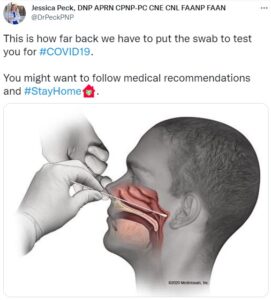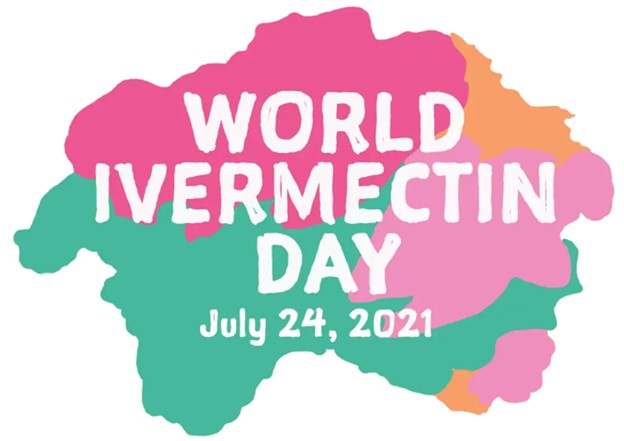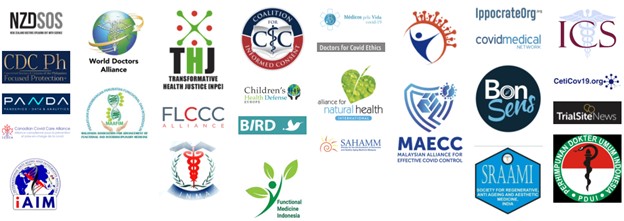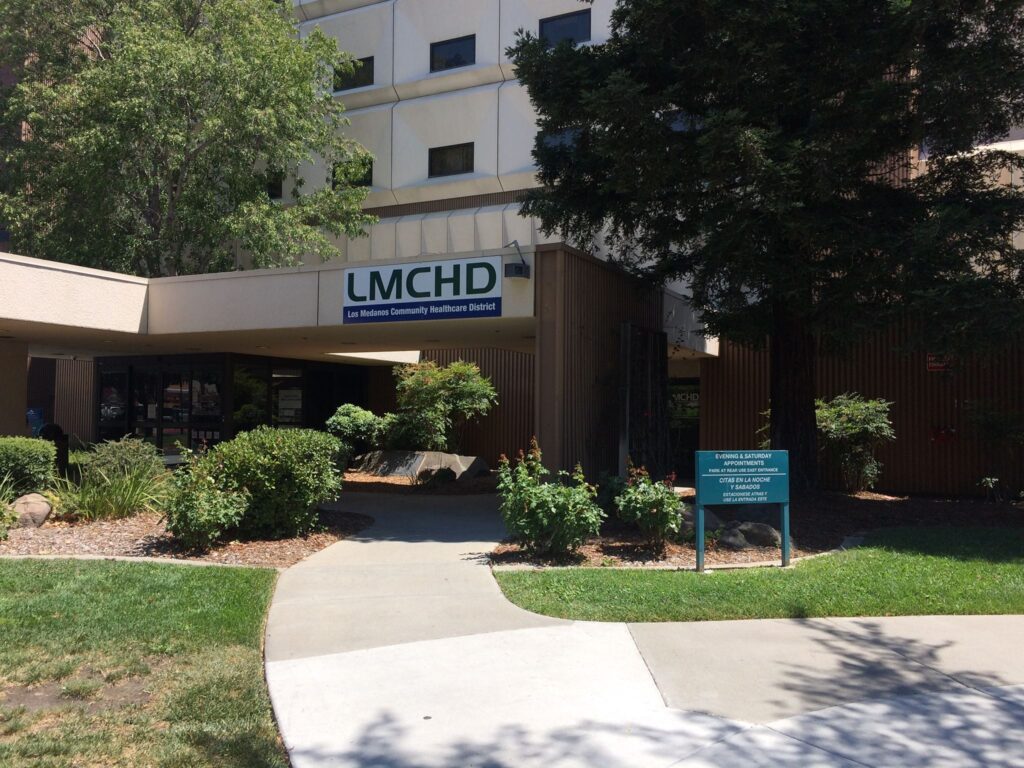Contra Costa restaurants, gyms, theaters must require proof of vax or COVID test as of Sept. 22
Tuesday, September 14th, 2021“How is it our responsibility to be the vaccine police!!” – Contra Costa restaurant owner
“the peak of the surge seems to have passed” – CC Health Services
“We can’t give you an exact percentage of cases that can be attributed to restaurants and the other high-risk venues covered in the order.” – CC Health Services spokesman
No “metric” for ending latest order; county wants “significant portion” of 5-11 year-olds vaccinated
By Allen Payton

Source: The Rutherford Institute.
Shades of Nazi Brown Shirts will begin next week in Contra Costa County as patrons of restaurants, gyms and entertainment venues will hear something similar to the phrase used during World War II by the Hitler-led German regime, “Your Papers, Please!” That’s because as of Wednesday, Sept. 22, by order of the county’s unelected health officer, Dr. Chris Farnitano, those types of businesses in the county must require patrons show proof of vaccination or a recent negative COVID test in order to enter, even though “the peak of the surge seems to have passed” as mentioned in the press release from Contra Costa Health Services.
According to the press release, “The new order applies to businesses where people remove face coverings to eat or drink indoors, such as restaurants, bars and entertainment venues, and to gyms and other indoor fitness facilities, including yoga and dance studios, where patrons breathe more heavily due to exercise.”
However, the announcement doesn’t provide what percentage of COVID cases in the county can be attributed to those types of businesses, supporting the need for the order. It also doesn’t allow for those who have proof of recovering from COVID in the past three months, as they have higher levels of anti-bodies than people who have been fully vaccinated, especially those who received their shot or shots five to eight months ago.
The order was issued Tuesday afternoon in the following press release:
COVID-19 Proof of Vaccination or Test Required for Some Contra Costa Businesses
Contra Costa County joined San Francisco, Berkeley and other communities across the U.S. today with a countywide health order that increases COVID-19 safety in restaurants, gyms and other indoor businesses where there is elevated risk of the virus spreading.
The new order, effective September 22, requires patrons of these businesses to show proof they are fully vaccinated to enter indoor areas, or a negative COVID-19 test result from the past three days.
Contra Costa has endured a severe spike in COVID-19 cases and hospitalizations this summer due to the increasing prevalence of the highly infectious delta variant of the virus and unvaccinated residents.
While the peak of the surge seems to have passed, data show the county’s daily case rate remains as high as it was last February. There were 15 COVID-related deaths in Contra Costa from August 25 to 31, and 20 from September 1 to 7, the two highest seven-day totals since March. Unvaccinated residents account for 95.9% of the county’s deaths so far.
COVID-19 case rates are about five times higher in unvaccinated county residents compared to fully vaccinated residents, hospitalization rates are approximately 16 times higher, and death rates are approximately 22 times higher.
“This order is necessary now to save lives, protect our overburdened healthcare system, and slow the pandemic enough to keep our schools open,” said Dr. Chris Farnitano, Contra Costa County Health Officer. “Reducing community transmission of the virus now is key to preventing future spikes in cases from overwhelming our county’s hospitals during the winter months.”
The new order applies to businesses where people remove face coverings to eat or drink indoors, such as restaurants, bars and entertainment venues, and to gyms and other indoor fitness facilities, including yoga and dance studios, where patrons breathe more heavily due to exercise.
The order also includes a requirement for workers in indoor areas of these businesses to show proof of full vaccination against COVID-19 by November 1 or test weekly for COVID-19.
To show proof of vaccination, patrons must show photo ID and their vaccination record cards from the Centers for Disease Control & Prevention (CDC), or copies or pictures of their cards. Documentation from healthcare providers will also be accepted, as will digital COVID-19 vaccine records issued by the State of California.
Visit myvaccinerecord.cdph.ca.gov for a link to your digital vaccination, which can be downloaded on to your smartphone.
Visit cchealth.org/coronavirus for more information about this health order, or to find a safe, fast and free COVID-19 vaccination in Contra Costa County.
###
Restauranteurs Respond
Restaurant owners in the county responded to the news with frustration. “How is it our responsibility to be the vaccine police!!” shared one owner who chose to remain anonymous.
“Kiss the restaurants good-bye,” said another, also anonymously.
However, another restaurant owner said anonymously, “We need to contribute to the pandemic to get better.”
Questions For Health Services
In response, questions were sent to county health services staff asking, “what percentage of COVID cases in the county can be attributed to restaurants, indoor entertainment venues and gyms, please?”
In addition, they were asked, “why not include what other countries are requiring for those who want to travel there, which is proof of having COVID within the past three months, since those folks have higher levels of antibodies than those who have been vaccinated, especially those who have been five to eight months ago?”
9/16/21 UPDATE: No Percentages of Impact from Affected Businesses
Contra Costa Public Health Services spokesman Will Harper responded with the following: “We can’t give you an exact percentage of cases that can be attributed to restaurants and the other high-risk venues covered in the order. Due to the nature of these businesses, it is not always possible to identify all the patrons who were exposed and infected by a case at one of these sites. What we can say is that indoor settings where people remove their masks, such as restaurants and bars, or where they breathe heavily, such as in a gym, increase the risk of COVID-19 transmission. As the order states, outbreaks have been documented in bars, gyms, and restaurants in California this year.
Currently there is no scientific consensus on the strength or duration of natural immunity after a covid-19 infection, or how reliably to measure this. For now, we felt most confident in requiring proof of vaccination. Vaccination is still recommended for people who have had Covid-19 to boost their immunity and protect them from a repeat infection from Covid-19. We have clear data showing that vaccinated people are more protected the unvaccinated people, regardless or prior Covid-19 infection history.”
9/17/21 UPDATE: No “Metric” for Ending Latest Order, County Wants “Significant Portion” of 5-11 Year Olds Vaccinated
A follow up question was sent asking what factors Dr. Farnitano will use to determine when this latest order will end.
Harper responded, “While we have not defined a specific metric at this time, the key measures we will be looking at to inform when it is safe to lift indoor masking requirements and venue verification and test requirements include the impact on our health care system (have our Covid-19 hospitalization and ICU levels returned to June, 2021 levels), the impact on schools (are significant numbers of students missing out on classroom time due to illness, isolation and quarantine) and our community vaccination rates (which will be crucial to preventing another surge if other public health measures are relaxed), especially if we are able to vaccinate a significant portion of the 5-11 year old population once the vaccines are approved for them. California learned an unfortunate lesson that the vaccination rates we had in June were not sufficient to prevent a serious surge without other interventions like indoor masking in place.”
Additional Questions Go Unanswered
Additional questions were sent to Harper, asking, why do you want to vaccinate a significant portion of the 5-11 population when such a minuscule percentage of that age group are contracting the virus and a much smaller number have died?
In addition, he was asked about one of his previous responses, how can it both be that “Currently there is no scientific consensus on the strength or duration of natural immunity after a covid-19 infection, or how reliably to measure this” and “We have clear data showing that vaccinated people are more protected than unvaccinated people, regardless of prior Covid-19 infection history”?
Please check back later for any other updates to this report.












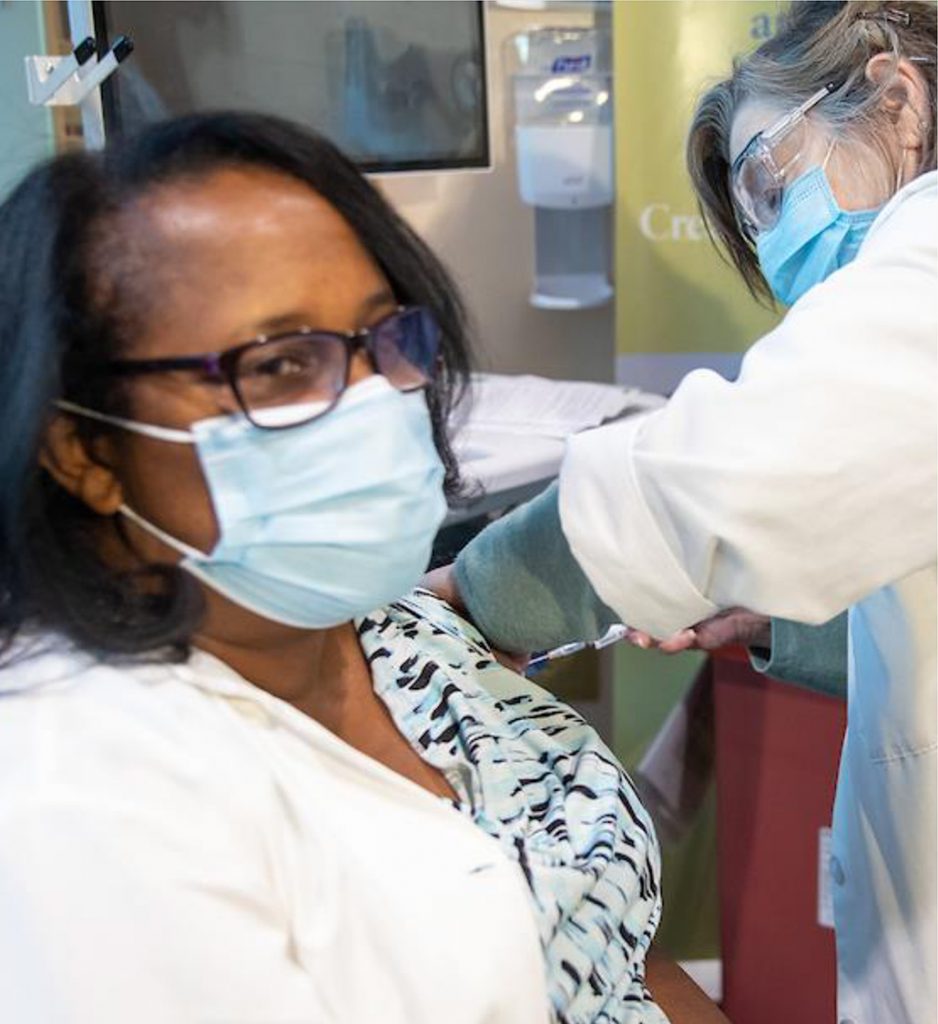
 By Allen Payton, Publisher
By Allen Payton, Publisher